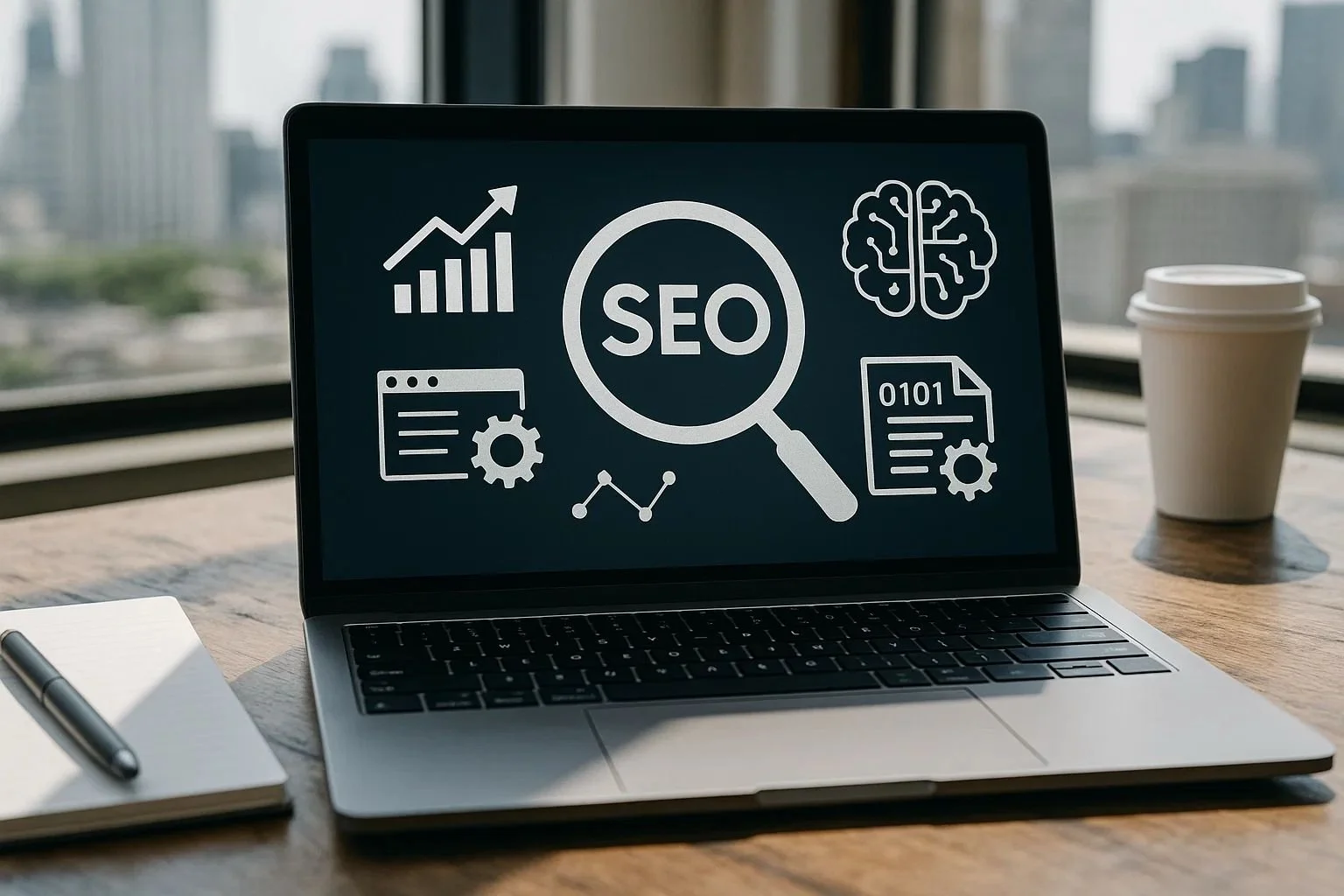How are generative AI tools reshaping SEO in 2025?
Generative AI tools are revolutionizing search engine optimization (SEO) at a fundamental level in 2025. These tools, driven by breakthroughs in artificial intelligence and natural language processing, are transforming content creation, optimization, and delivery to users. Businesses adopting generative AI are achieving record-breaking levels of content creation efficiency, personalization, and technical SEO, enabling them to keep up with changing search engine algorithms and user behavior more effectively. This article delves into the ways generative AI is transforming SEO in 2025 and how marketers can adapt to be successful in this future.
The Role of Generative AI in Content Creation and Scaling
One of the greatest effects of generative AI on SEO is the power to produce vast amounts of good-quality content within a short period of time. Conventional SEO strategies tended to face resource limitations, which dictated the amount of optimized content that could be created. Generative AI technologies now facilitate the automation of blog entries, product descriptions, FAQs, and even geo-targeted landing pages, exactly suited to the targeted keywords and user intent.
These AI-created contents are created not only to take up space but to achieve the high standards that Google and other search engines require. Through the examination of top rivals and content gaps, AI tools propose enhancements, readability, and guarantee content satisfies user requirements extensively. This union of scale and quality places companies in a position to take broader organic traffic and enhance engagement.
Intelligent Keyword Research and Optimization
While keyword research continues to be an SEO cornerstone, generative AI has moved it from reactive analysis to predictive insight. AI tools continuously scan search trends, competitor moves, and user behavior patterns to find rising keywords and hidden search intent. It enables marketers to pre-empt changes in search algorithms and optimize content ahead of time.
Generative AI also streamlines time-consuming tasks like meta tag generation, internal linking, and structured data suggestions, saving time while increasing accuracy. Such features keep content aligned with Google's E-A-T (Expertise, Authority, Trustworthiness) standards, thereby boosting credibility and visibility. For instance, agencies such as Torres Digital Marketing Chicago leverage such AI capabilities to design SEO plans that adjust dynamically according to competitor contexts and shifting user needs.
AI Automation for Technical SEO
Technical SEO usually necessitates meticulous auditing and upkeep to guarantee the best site performance. Generative AI tools are now an absolute necessity to perform automated site audits, identify and repair broken links, optimize site structure, and optimize page speed. By suggesting improvements in URL structures, canonical tags, and XML sitemaps using AI-powered analysis, marketers can make websites search engine as well as user-friendly.
Automation of such intricate processes ensures that SEO teams spend less time on troubleshooting manually and more on strategy and creativity. This optimization of workflow significantly increases the overall level of quality for SEO practice and user experience on websites.
Personalizing SEO through User Experience Optimization
One of the greatest benefits of generative AI in SEO is its capacity to personalize search experiences and content at scale. AI makes use of massive amounts of user interaction data like browsing history, preferences, and demographics to provide hyper-personalized search results and dynamic content with specific users.
For online shops, this could involve AI-written, personalized product descriptions or targeted email marketing with tailored messages. Local shops, such as service companies such as Sparkly Maid NYC and Sparkly Maid Orlando, use AI tools more and more to draw relevant local traffic by designing location-specific, compelling content that leads to conversion. This personalized approach is the most important aspect to succeed in increasingly competitive online marketplaces.
Navigating AI Challenges and Ethical Considerations in SEO
While the advantages of generative AI in SEO are numerous, there are also some challenges. Automated content generation is a concern regarding authenticity, quality, and the risk of shallow or duplicate content. Search engines such as Google place high value on content that is truly valuable to users, so marketers need to integrate AI-generate outputs with human oversight to sustain trust and authority.
Ethical considerations like honesty regarding AI use and preventing disinformation are crucial. Businesses that resolve these issues in their favor while maintaining efficiency along with sincerity will construct more robust, long-term digital presences. This prescriptive strategy mirrors what is practiced in businesses like Torres Digital Marketing Chicago, where AI use is complemented with skilled human curation in order to achieve the best outcomes.
The Future of SEO in an AI-Driven World
Looking forward, generative AI will be increasingly merged with upcoming technologies such as voice search and augmented reality, broadening the reach of SEO beyond classic search engines. Sophisticated AI-driven predictive analytics will be able to predict search engine algorithm updates, providing marketers with a proactive edge.
SEO in 2025 is not an exercise in ranking pursuit by keyword stuffing or backlinks alone; it's about building rich, significant, user-focused content and experiences informed by AI insights and human imagination. Companies and agencies adopting this shifting paradigm will dominate the market, delivering relevance and engagement at scale.
SEO Beyond Algorithms
Generative AI solutions are transforming SEO in 2025 by accelerating content production, refining keyword analysis, automating technical SEO, and personalizing customer experiences. As AI progresses with unprecedented speed and scope, human marketers are still needed to provide oversight, moral judgment, and creative narrative. This fine balance ensures SEO efforts are both avant-garde and real.
Companies such as Torres Digital Marketing Chicago illustrate the way that the integration of AI tools with marketing experience produces better results in this changing environment. Small local businesses also gain by using AI-driven strategies in conjunction with proven human services. Artificial intelligence marks a new era for SEO, characterized by cooperation, innovation, and flexibility.
